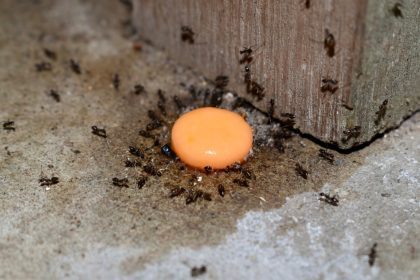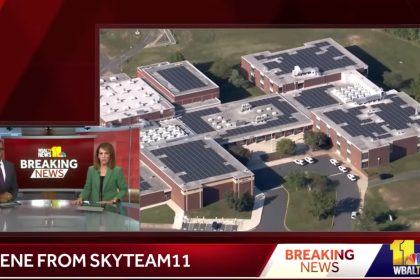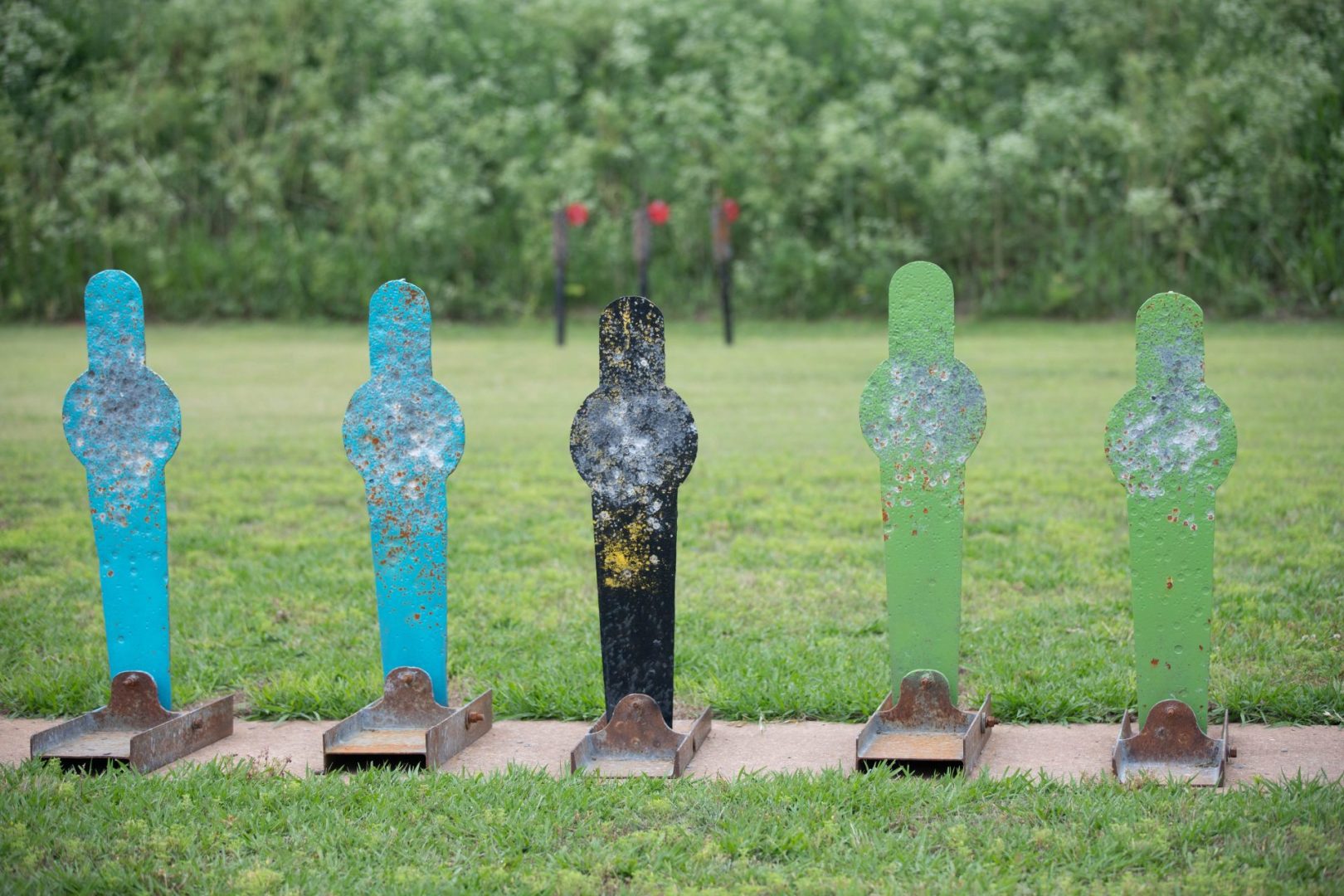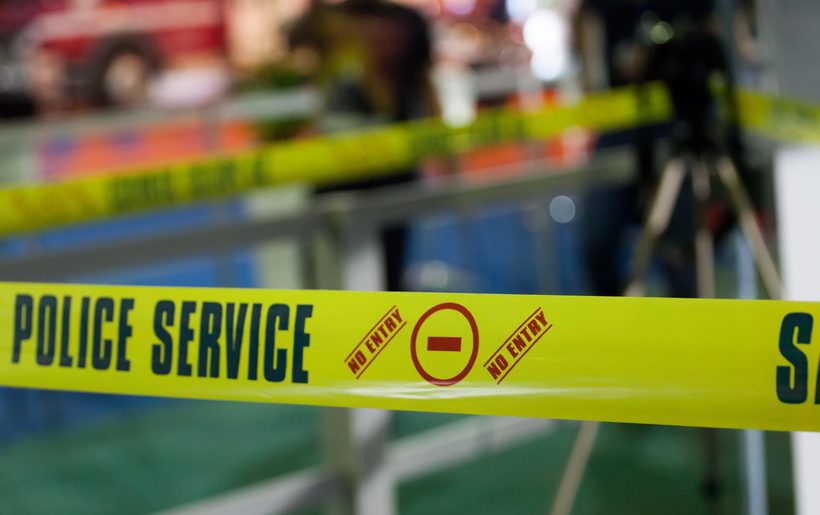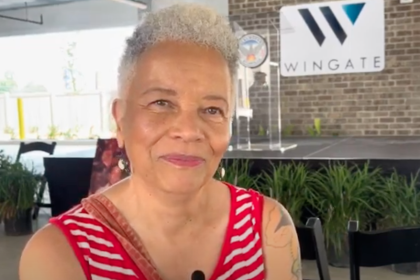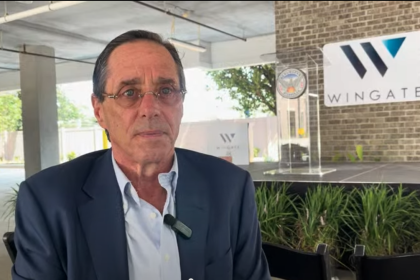 Only after taking inventory of the country’s latest inexplicable mass shooting — this one at a sprawling FedEx facility in suburban Atlanta — did law enforcement officials and FedEx employees collectively shudder. The level of violence and bloodshed could have been exponentially worse had a lone, crazed gunman discharged all of his weapons at his disposal.
Only after taking inventory of the country’s latest inexplicable mass shooting — this one at a sprawling FedEx facility in suburban Atlanta — did law enforcement officials and FedEx employees collectively shudder. The level of violence and bloodshed could have been exponentially worse had a lone, crazed gunman discharged all of his weapons at his disposal.
A suicidal 19-year-old with murderous intent was outfitted like “Rambo,” a witness said, armed with a shotgun, strapped with ammo across his chest, and also possessed a knife and Molotov cocktails. The shooter has been identified as former employee, Geddy Kramer, shot six people before committing suicide, police stated.
Investigators have an idea of what his motive may have been, but they were not prepared to disclose it yet, Cobb County police said.
The question is not so much the motive behind this individual, per se. But why do these mass shootings of sometimes random, sometimes targeted people — mostly ending up in suicide — continue to happen?
“I think it’s a combination of a number of different things. I don’t think that we shouldn’t underestimate the stresses of the last five years in this culture and economic stresses, the political polarization,” said Dr. Paul Root Wolpe, the director of the Center for Ethics at Emory University. “I mean, we live in an atmosphere of deep divide in this country, and there is a simmering anger underneath in this country.”
Wolpe, who is also a professor of Bioethics, said that individuals respond to stress and adverse, hostile life conditions differently.
“When you stress an organization, certain individuals within that organization are going to end up cracking, whether they end up clinically depressed [or]whether they quit. And when you stress a country, you are going to have certain people who are going to act out in really violent ways — and it doesn’t help to have a gun culture where weapons are easily available and promoted the way they are promoted here. So when you add all that up together, you are going to get that kind of response.”
“A copycat culture is also a contributing factor to mass murder and suicide,” said Wolpe.
“And it doesn’t help that when people engage in this behavior, the tendency is to give them national exposure. Other people see that and then they believe they can just go out and avenge whatever wrong they think has been done to them on the national stage. And that’s the tragic part of American culture.”
Perhaps part of the problem is because of the proliferation of social media, blogs and 24-hour news channels competing for ratings.
“That’s exactly what it is. We shouldn’t over-interpret this. There’s always been a lot of violence in American society. It’s just expressed differently in different times. And even though there seems like an incredible number of violent acts, we are a nation of 350 million people. It’s still a tiny, tiny fraction of the people in this country.”
But I agree that this does reflect how people have changed how they cope with things in their lives,” Wolpe added.

